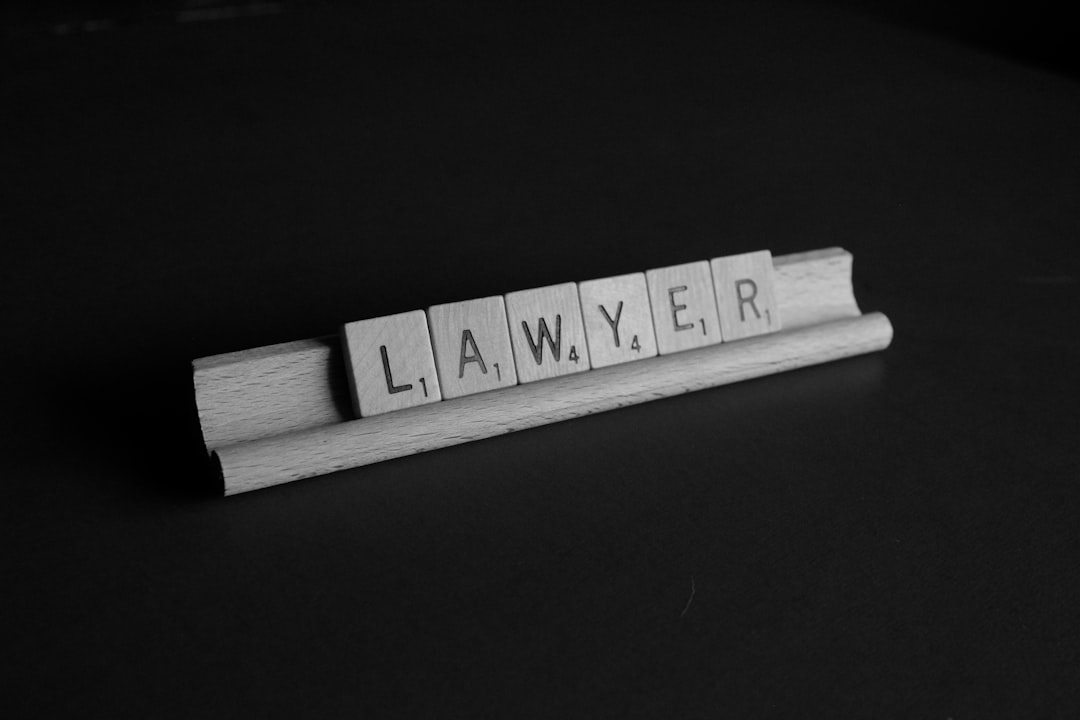In Connecticut, addressing elderly sexual abuse is critical with specific laws protecting seniors. Elderly sexual assault cases present unique challenges due to sensitivity and power imbalances. Elderly sexual assault attorneys CT are vital for victims seeking justice, guiding them through legal complexities, gathering evidence like medical records and eyewitness accounts, and ensuring their rights are upheld despite memory issues or lack of physical proof. These attorneys offer crucial support and navigate the sensitive legal landscape to tell victims' stories accurately.
In Bridgeport, Connecticut, addressing elderly abuse, particularly sexual assault, demands a nuanced understanding of legal frameworks and evidentiary requirements. This article explores the intricate aspects of proving sexual assault in elder care settings, focusing on the laws specific to CT. We delve into the types of evidence needed for successful prosecution, highlighting challenges unique to these cases. Furthermore, it emphasizes the pivotal role of legal experts in supporting victims, providing guidance to elderly sexual assault attorneys in CT, and ensuring justice is served.
Understanding Elderly Sexual Assault Laws in CT

In Connecticut, recognizing and addressing elderly sexual abuse is a critical aspect of elder care. The state has specific laws in place to protect vulnerable seniors from such heinous crimes. Elderly sexual assault cases often present unique challenges due to the sensitive nature of the issue and potential power imbalances between perpetrators and victims. Understanding these legal frameworks is essential for both victims and their advocates, especially when seeking justice through elderly sexual assault attorneys CT.
Connecticut’s legislation aims to ensure that elderly individuals are free from sexual exploitation and abuse. It defines sexual assault as any unwanted sexual contact, including forcing or enticing someone to engage in sexual activities without consent. When it comes to prosecution, the state may use various forms of evidence, such as medical records, witness testimonies, and expert opinions from healthcare professionals, to establish the occurrence of the crime. Elderly sexual assault attorneys CT play a pivotal role in guiding victims through this legal process and ensuring their rights are protected.
Types of Evidence Required for Prosecution

In cases involving elderly sexual abuse, gathering compelling evidence is paramount for successful prosecution. Given the sensitive nature of these matters, various types of evidence are crucial to build a strong case against perpetrators. Physical evidence, such as medical records and forensic analyses, plays a significant role in documenting injuries or abnormalities related to assault. These records can include hospital reports, photographs, and expert witness testimonies that provide objective data supporting the victim’s claims.
Additionally, eyewitness accounts, whether from bystanders or other residents, can be powerful tools. Statements from family members, caregivers, or friends who observed suspicious behavior or witnessed interactions indicative of abuse can add credibility to the case. Moreover, digital evidence, including surveillance footage or emails/messages exchanged between the assailant and victim (if accessible), can serve as concrete proof in court. Engaging experienced elderly sexual assault attorneys in CT can help navigate these complexities and ensure that all relevant evidence is collected and presented effectively during legal proceedings.
Challenges in Gathering Proof in Elder Cases

Proving sexual assault in cases involving the elderly presents unique challenges, often requiring meticulous investigation and expert legal guidance from experienced elderly sexual assault attorneys CT. The nature of these cases is sensitive, with potential complexities arising from memory lapses, cognitive impairments, or the victim’s fear and hesitation to come forward. Collectively, these factors can make it difficult to gather compelling evidence.
One significant hurdle is the lack of physical evidence, as assaults against the elderly may not always leave visible injuries. Consequently, relying on eyewitness accounts or medical records becomes increasingly critical. Furthermore, since many elderly victims might not immediately report such incidents due to embarrassment, shame, or fear of retaliation, there can be a significant delay in disclosure, making it even more challenging to collect evidence that would stand up in court.
The Role of Legal Experts in Support of Victims

In cases of alleged elderly sexual assault, the role of legal experts is paramount in ensuring justice for victims. Elderly sexual assault attorneys in CT play a crucial part in navigating complex legal landscapes and providing specialized support to those who may be vulnerable and reticent to speak out. These attorneys are equipped with knowledge of local laws and regulations regarding elder abuse, enabling them to build robust cases that protect the rights of their clients.
By engaging elderly sexual assault attorneys, victims gain access to professionals who can gather and present compelling evidence, including medical records, witness statements, and expert opinions. This support is vital for overcoming potential challenges, such as memory lapses or lack of physical evidence, which may arise in cases involving elderly victims. Legal experts also offer emotional guidance, ensuring that the victim’s story is told accurately and with dignity throughout the legal process.





